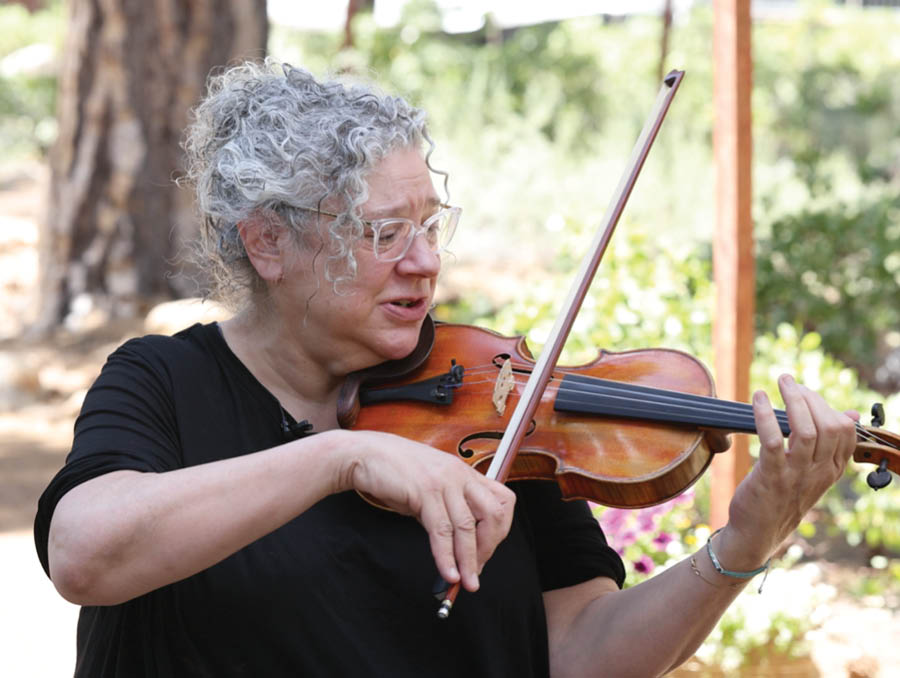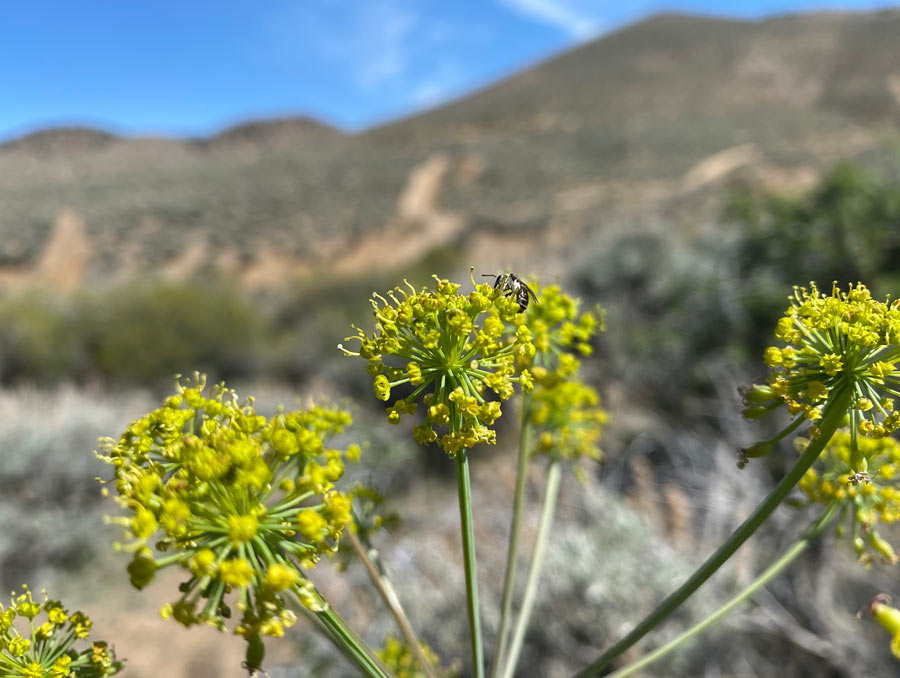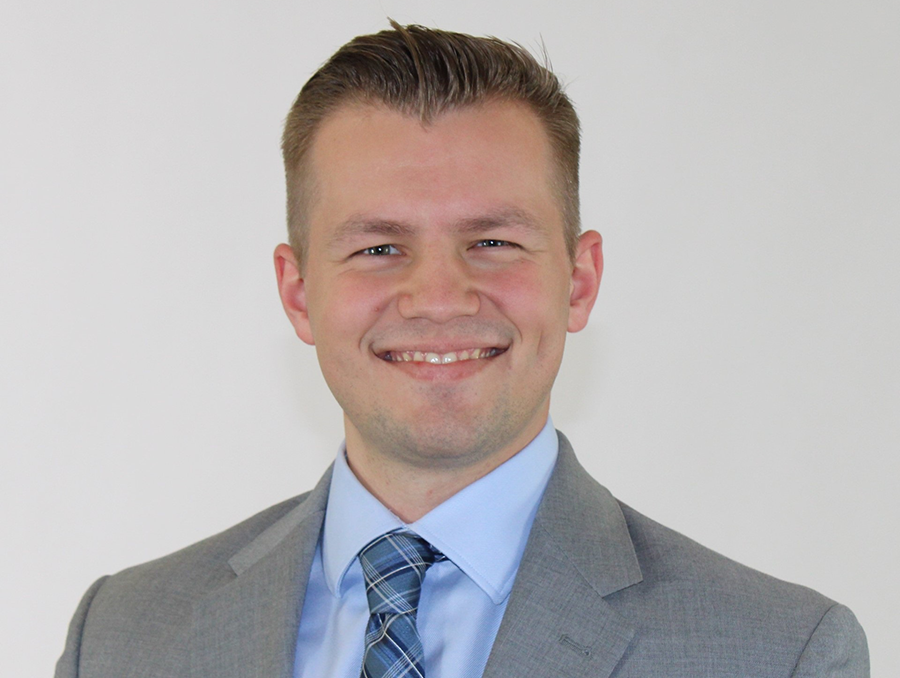A number of talented sportswriters have come out of the University.
And the man who helped define the craft, and took it to a more prominent and respected place, was George Ross.
Ross' time as a sportswriter and sports editor coincided with - and greatly contributed to - what was without question the golden era of Oakland, Calif., professional sports.
Ross, 98, a 1946 graduate of the University, the former sports editor of the Oakland Tribune from 1961-75 and then managing editor of the paper until 1979, passed away on Saturday, Oct. 5 at a care home facility in Portola, Calif., near his longtime home in the pines of nearby Graeagle, Calif.
Wrote Dave Newhouse, one of Ross' Oakland Tribune writers in Ross' obituary, "His name may be unrecognizable to a current generation of Oakland sports fans, but Ross was instrumental in getting the Coliseum Complex built - he was invited to dig the first hole himself - and he either personally recruited or nurtured the Raiders, the A's and the Warriors as Oakland tenants."
Hearing of Ross' passing brought back a flood of memories.
Five years ago, at about this time of year as the trees had gone golden along Highway 70, I accompanied Kristin Burgarello, the Donald W. Reynolds School of Journalism's director of development, for a trip over Beckwourth Pass, through Portola, to George's house.
I had already heard of Ross, but had never met him.
Just a few days before, in an effort to learn more about what made Ross tick, I called the School of Journalism's greatest living product, Frank McCulloch, to find out about a man who, though he had been retired for more than 30 years, was still recalled with reverence and warmth by those classmates who were still living, and by colleagues who remembered with respect his time as one of the country's most successful sports editors.
McCulloch, a 1941 graduate of the University, former Saigon Bureau Chief for Time Magazine and Los Angeles Times managing editor, and a legend in his own right, first spoke in a booming voice that felt almost like its own news dispatch. McCulloch was known, somewhat famously if you were a journalist and somewhat irritatingly if you were President Lyndon Johnson during Vietnam, for his clean-shaven head that seemed as incorruptible and ethically unblemished as the man himself.
McCulloch and Ross had known each other for more than 70 years. McCulloch had been sports editor of the Sagebrush. Ross, as he would recall later during our visit, was a lowly intern on the Sagebrush staff.
"I thought Frank McCulloch was the greatest journalist I ever encountered," Ross would say. "He was the model for so many of us. I was a little clumsy with my interviews. I did know what I was doing and knew what I had to get. I was a good reporter. But I wasn't as good as McCulloch. He was a great reporter, a great writer, and a superb editor. He was the very best."
McCulloch, who had worked with a Who's Who of talent during his distinguished career, grew remarkably sentimental as he talked about Ross. As he spoke of Ross' impact on the world of journalism, McCulloch's words seemed like they were embarking on a high-wire walk. His tone grew gentle. His voice became wistful, his words taking on a careful elegance. You could almost feel that enviably shaved head softening, wrinkling with deep thought, as he drew the conversation to not only what Ross had done, but what Ross probably was doing, at that very moment, at his home in Graeagle.
"You bet I feel George was one of the best there was," McCulloch said. There was nothing complicated or unresolved about it to McCulloch. Here was a man who had served in war, and covered war, talking about another man who had also served in war and who had made a profound difference on his city and his community through mastery of his craft. "One of the qualities that made George unique ... he's personally and journalistically honest. That's harder to find than we'd like to believe.
"That's one of the most distinguishing things about him. There's a quality beyond getting two sets of facts, and that's honesty. It's giving the public the most honest appraisal you can.
"George possesses it in abundance."
And then McCulloch added, his words lighting up like lantern slides illustrating a story, with an image I still to this day can recall for the way it seemed to conjure up Homer and what it meant to have lived a life worth remembering: "He's become the wise man of Graeagle and Plumas County. He's the guy at the top of the mountain."
The man on the mountaintop greeted Kristin and I with a smile and a strong handshake the morning we had driven up Highway 70 to see him. At 92, Ross had suffered a recent stroke and, not long after, had taken a fall.
"Just another journalist, like all journalists inevitably do, banging his head against the wall on a daily basis," he joked, swaying ever so slightly as he moved about the comfortable Graeagle home he and his late wife, Helene, had lived in since his 1979 retirement from the Oakland Tribune. Helene had passed away more than a decade before, after 50 years of marriage. The home still had many of her loving touches - a multitude of clocks and Sierra landscapes hung on the walls. Fine china was still in clear display on a nearby table. A 14-year-old English sheep dog, Gretchen, padded slowly across the living room near Ross' recliner.
Ross wore a blue flannel shirt in honor of the university he had graduated from in 1946. His goatee was sprinkled with gray, and his eyebrows were perpetually and alertly raised. A warm pucker of amusement curved across his brow as we talked. I liked him instantly. I asked him questions and he gave me long, thoughtful answers. Key individuals in the history of Oakland sports overlapped like clouds building in an expectant sky - Oakland Raiders owner Al Davis, Oakland A's owner Charlie Finley, Golden State Warriors owner Franklin Mieuli.
Ross outlived them all.
As I was to learn, all three of Oakland's sports teams could trace at least some of their success to Ross' vision, encouragement and the bully pulpit he held as sports editor of the Oakland newspaper.
Davis? He used Ross, who was a pilot and understood the supply chain, planning and urban logistics in a way that would've made Robert Moses proud, as a sounding board for where to locate the Raiders' Oakland-Alameda Coliseum.
Finley? It was Ross, who actually despised Finley's self-centered and self-promoting ways, who helped convince the owner of the floundering Kansas City Athletics to relocate his Major League franchise to Oakland in 1967.
Mieuli? Like Ross, Mieuli was an aficionado of flying. The Tribune sports editor used this commonality to forge a friendship. Eventually, as the two flew to Idaho for fishing expeditions - "We caught great trout sometimes, six- to eight-pounders" - Ross convinced the Warriors' owner to move his team from San Francisco across the Bay to Oakland in 1971.
Ross' results?
The Raiders won a Super Bowl in 1977.
The Athletics won three straight World Series from 1972-74.
The Golden State Warriors, playing in Oakland, won an NBA championship in 1975.
As a sports editor, few in the country in similar positions held more personal influence and cache than George Ross.
"There are only two people I've been acquainted with like that, who were listened to by the policy people in sports," McCulloch had told me on the phone. "George was one. (Pulitzer Prize winning Los Angeles Times columnist) Jim Murray was the other. That's rare. They not only wrote clearly and well, but they also had deep understanding of their communities and the important policy issues of the day."
What was perhaps even more interesting was the life Helene and George had led after the heady times of bringing championship-caliber professional sports organizations to Oakland. They had loved Graeagle's tree-filled beauty, and they became ingrained in the community from the moment they moved there in 1980.
Just as during the couple's time living in Oakland, Ross left a legacy of involvement and improvement during the 30-plus years he lived in Graeagle.
Ross became a state park docent. He taught mineralogy. With the help of a doctoral student from the University of California, Berkeley, he helped re-introduce giant Sequoias in the northern Sierra. Several of them were located in his own front yard and, over the past 25 years, had grown to more than 40 feet tall.
"At night, before a storm comes, you can hear it first in the branches of those Sequoias," he said. "I remember standing on the field at the Oakland Coliseum, and when you'd see (Hall of Fame Raiders linemen) Jim Otto and Gene Upshaw running toward you, you'd feel the ground shake, like a storm was coming. It's the same way with those trees. You can feel the life running through them.
"I am so glad to have them so nearby. They remind you of how precious, and how long, life can be."
I asked Ross if it was something Helene liked.
He smiled. For the only time during our interview, his eyes turned momentarily misty.
"I feel in their presence Helene is not far away," he said quietly.
We live in an era of snap decisions and rushes to judgment, particularly as we consume our sports.
George Ross was from a decidedly different era.
He learned a different kind of journalism, one that was a little more in it for the long haul. It was a practical sort of journalism, a little less occupied with bold statements or fancy judgments and outraged calls for immediate change and more concerned with the daily journalistic grind. For journalists like Ross, there was always a deep personal investment in the development of sources and relationships and the day-to-day commitment to the continuum of the work.
He said during his early days as a reporter, first in Ely, and then in Placerville, Calif., he created scoops because he developed friendships with all of the secretaries in all the key city, county and regional offices. The secretaries, trusting the young reporter implicitly because he was so honest, would pass along big stories well before the news items had time to be placed on an official agenda.
"I would knock those kinds of stories out in a hurry," he said with a laugh.
Ross said in some ways, even from his legendary instructor Alfred L. "Higgy" Higginbotham, considered the father of journalism at the University, "You learned that journalism was like hair dressing ... you learn what you needed to know by doing it, each and every day, at the beauty shop."
He was the only person in his family out of five children to get a college education. His father, Roy, had driven a street car in Oakland. His mother, Lavinia ("Vinny") had been a housekeeper. As he graduated from Fremont High in 1935 he had discovered, "I could be a successful student journalist .... because I wasn't successful in anything else in school."
It was Higginbotham who encouraged him, following service in the Navy during World War II, to continue on the path of journalism. Ross had actually taken midterms before the bombing of Pearl Harbor in 1941, and then, like so many other young men, had rushed off to join the war effort. He never had the time to find out how he did on those late 1941 midterms.
He returned to campus in 1945-46.
"I still had my Navy uniform on," he said, with a laugh, and became reacquainted with his old journalism instructor.
"I saw Higginbotham," Ross recalled. "He only had about 30 students, and most of them were girls at that time since not many of the men had returned from the war. Higgy said, 'I'm glad to see you back. I don't think anybody told you, but on your midterm here a few years ago, you scored in the upper eight percentile."
Ross laughed at the memory: "I said, 'Hell no, I didn't know that. I didn't even know I was literate."
"You are indeed literate," Higginbotham told him. "I think you have a future in journalism."
The rest of his life, as he mentioned more than a few times during our visit five years ago, was about realizing the path Higginbotham had encouraged him to follow.
And at the end, just as his good friend Frank McCulloch said, George Ross was the wisest of all men. He had always lived on the highest of mountaintops, having led a life that made the lives of others better, more satisfying, with few regrets.
"I really envy him," McCulloch said.
After spending a morning with the man five years ago, I could see why.
(Editor's note: In 2011, the Donald W. Reynolds School of Journalism established the George S. Ross Scholarship Endowment to benefit journalism students at the University. In 2014, he was named a Distinguished Alumnus by the University. A memorial service in his honor will be held in Oakland, at the Tribune Tavern, on Oct. 31 from 1-4 p.m. John Trent, a former two-time Nevada Sportswriter of the Year and graduate of the Reynolds School of Journalism, is senior editor for news and features at the University.)











